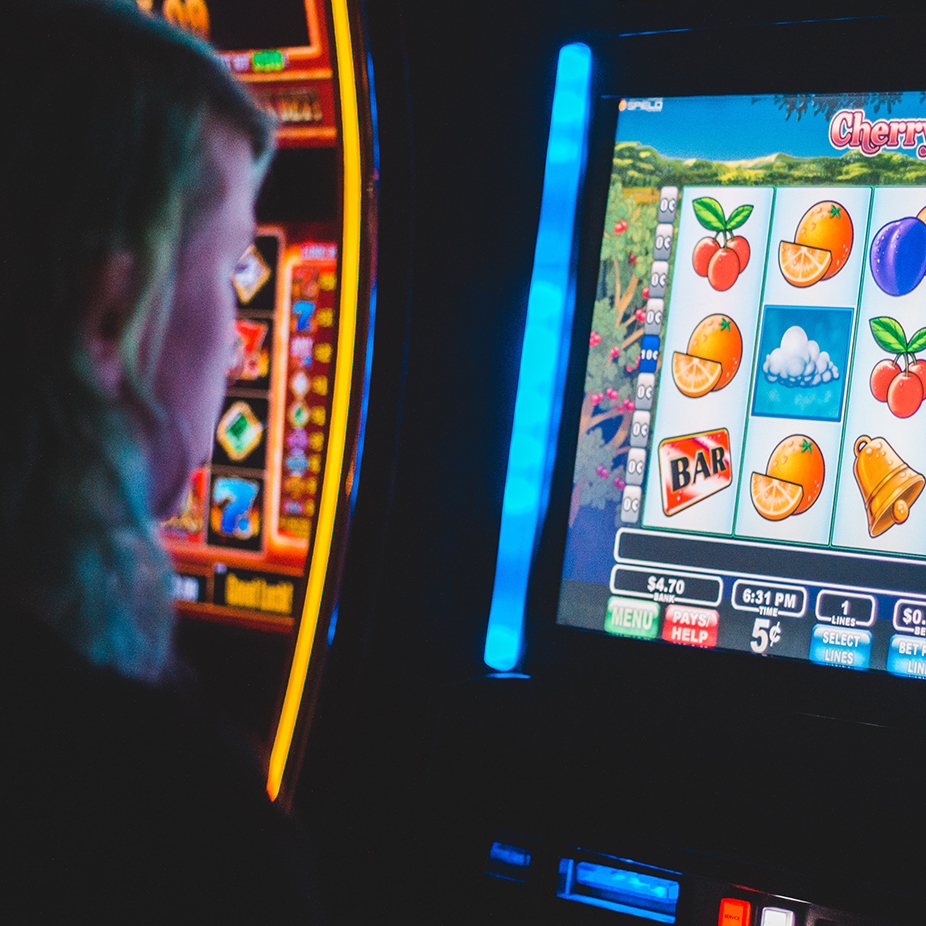
In her forties, Rae has been familiar with sobriety programs since she was 12. But it wasn’t until she saw the words Trauma=Addiction on a clinician’s office wall, that she really began to see the connection between past life experiences and the pain that led over and over to substance abuse and gambling.
Not wanting to be seen as a victim, she’d tamped down memories of rape, her parents’ divorce and a lifetime of heartaches that led to addiction.
A court order brought her to LifeWorks NW for substance use treatment; but she says, “you can’t force sobriety on anyone,” and she didn’t stop drinking or using drugs right away. But a day finally came when she decided enough was enough. Enough hurting those she loved, enough lying and manipulating.
“I got up, and got dressed, and went to see Patti,” says Rae. Patricia Aust, MaED CADCI, is trained in treating both substance use disorder and gambling. And, as Rae says, “my addictions go hand in hand.”
According to Rae, Patti is one of the few people she never feels she needs to lie to or manipulate.
“I can be honest with her, tell her my little secrets that cause the hurt that makes me gamble,” says Rae.
When she is able to get out of bed or take a shower, Patti recognizes these for the wins they are. Patti never makes her feel ashamed, despite the emotional and financial hurt she’s cause her family.
“Working with Patti, I’m learning more about our brains,” says Rae. “I’m really interested that our brain can heal itself given the opportunity.”
It hasn’t been an easy road. Especially with COVID19 happening in the middle of residential treatment. And even though she is now clean and sober and stopped gambling, it’s a daily struggle.
“I have the luxury of knowing what it feels like to have a life without the addiction controlling me,” says Rae. “But I can’t look at my sobriety as a lifetime thing. I have to take it one day at a time, sometimes one hour, one minute, even one second. Sometimes it takes physically sitting on my hands until the pain goes away. I struggle every single day to do the right thing, because [my kids] are watching.”
“The thing I enjoy now is being able to pay my bills,” says Rae. “My teenage son is an athlete and there is an [out of state] tournament planned in the future. I didn’t have to tell him no you can’t go because I don’t know if I’ll have the money to pay for it.”
Rae’s journey isn’t done, but she has taken huge steps toward being the person who can teach her children the lessons she wants them to learn.


